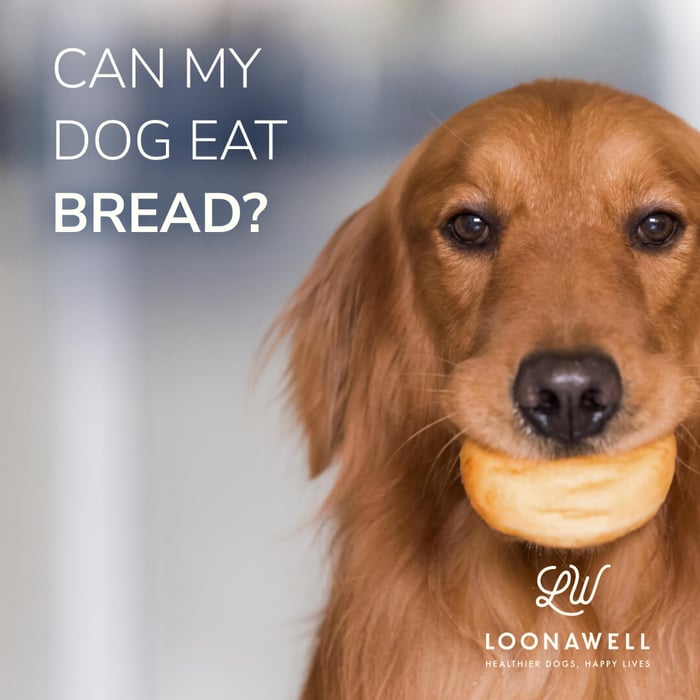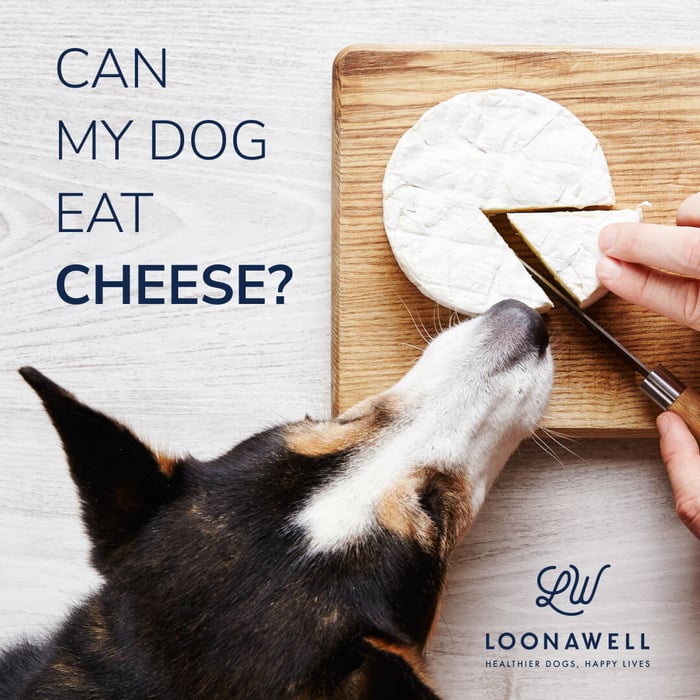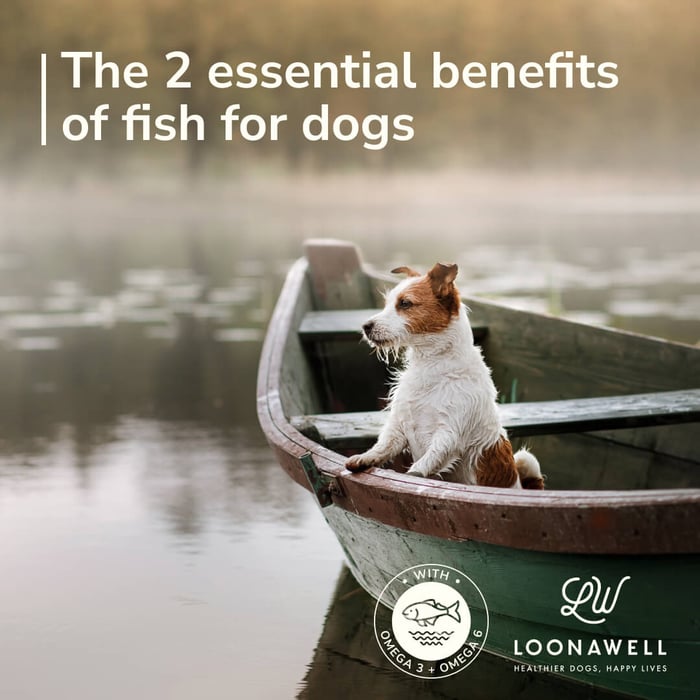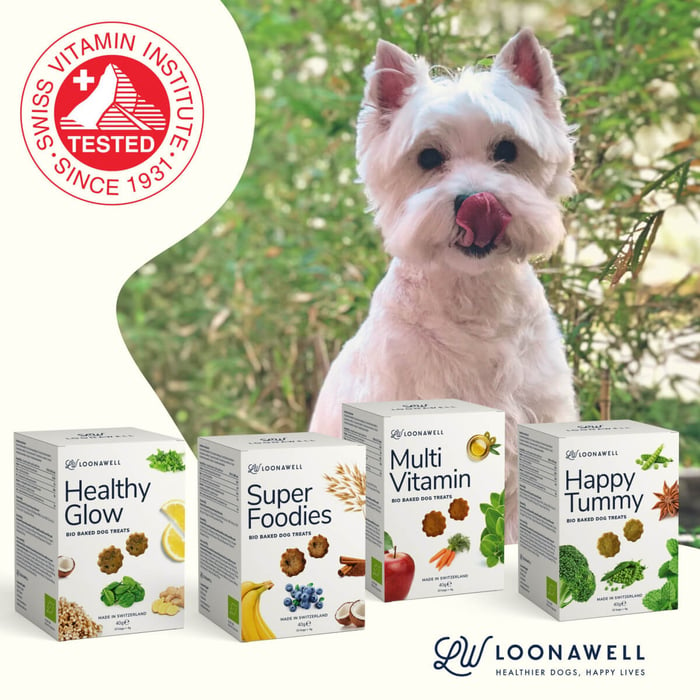Bread is one of the oldest prepared foods in human history and a staple loved by many of us… including our dogs. The correct answer to the question “Can my dog eat bread?” is: it depends on the type of bread.
There are some important considerations to keep in mind. In this article, we'll explore which types of bread are safe for dogs to eat and which types you should avoid.
Main ingredients of bread
Bread results from blending and baking four main ingredients; flour, water, salt, and yeast.
As long as the bread is cooked (for complete inactivation of the yeast) and your dog has no allergies to wheat, then a bit of bread here and there is not a problem.
What types of bread can my dog eat & how much?
Plain white and wheat bread are the best choices, especially from traditional local bakeries, and you’ll soon see why.
As we, dog owners, know from our own diets, bread per se is not very nutritious (unless a high-quality, nutritious flour has been used). It contains a lot of carbohydrates that, if not controlled properly, can lead to obesity.
Therefore, when asking yourself: Can my dog eat bread? Consider it as a treat; give it in moderation and never as a meal. Make sure your dog is receiving a balanced diet and does plenty of exercise to burn all those carbs!
Types of bread dogs CAN'T EAT:
- • Never give bread that contains raisins, grapes, or currants. These are highly toxic for dogs and can lead to kidney failure.
- • Never give bread dough to your dog or poorly baked bread. In these cases, the yeast used in the bread is not inactivated. Live yeast is the main component in bread that makes it rise. Yeast creates air bubbles in the bread, making it soft and fluffy. When baked, the yeast should be inactivated. If the yeast is not inactivated, it could continue to grow and develop air inside your dog’s tummy! That would result in bloating and abdominal pain.
- • Never give bread that contains chocolate or xylitol (sugar substitute). They both present high levels of toxicity for your dog.
- • Never give bread with a long shelf life, as it will likely contain preservatives and be high in sugar, salt, and fat.
- • Avoid giving bread or bakery products high in fat, such as croissants, muffins, scones, etc.
Buckwheat flour: the little secret of LOONAWELL’s dog treats.
If you’ve been following us for a while, you’ll know that at the core of all our products, there is one fundamental rule: Every ingredient we use needs to have a positive nutritional impact on dogs.
Buckwheat flour for dogs:
All our dog treats contain buckwheat flour. Why? Because, unlike white flour, our organic buckwheat flour is a source of protein, dietary fiber, and B vitamins, thus considered by many as a superfood!




